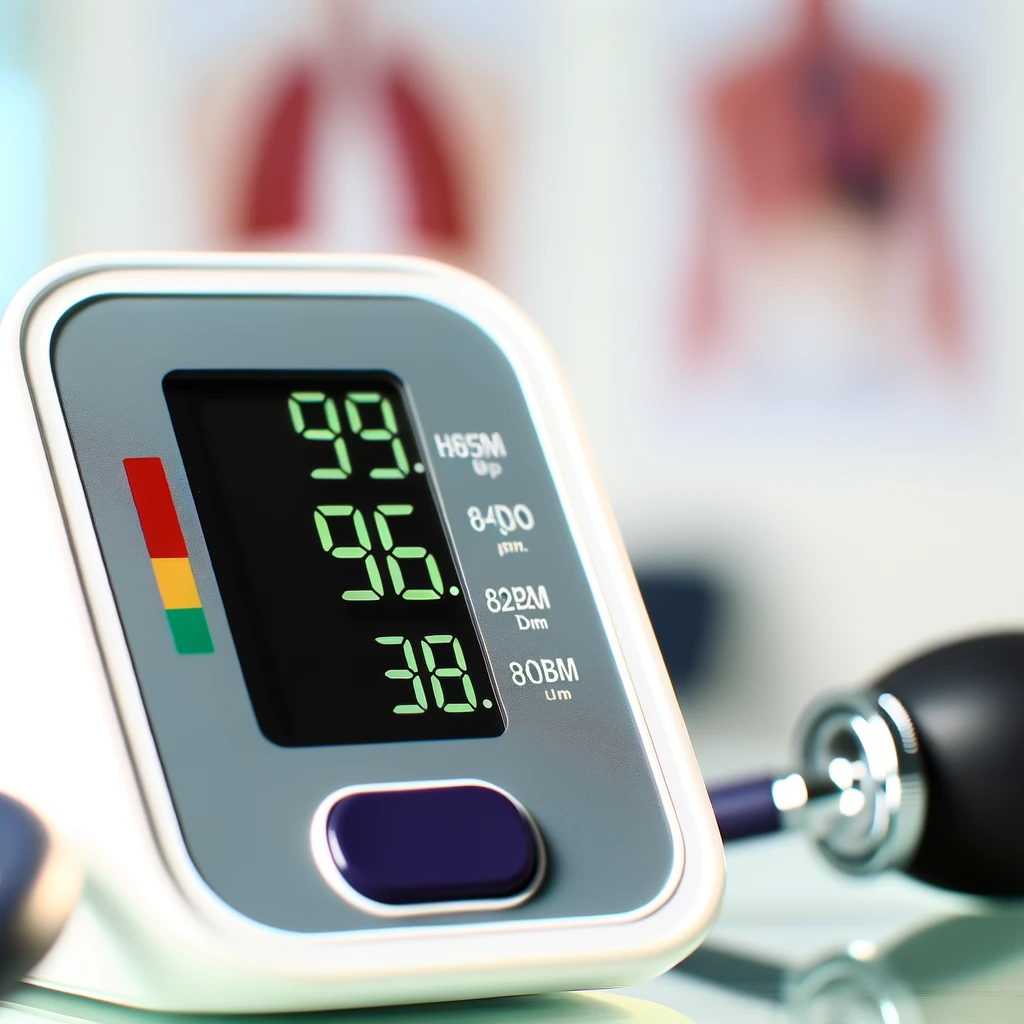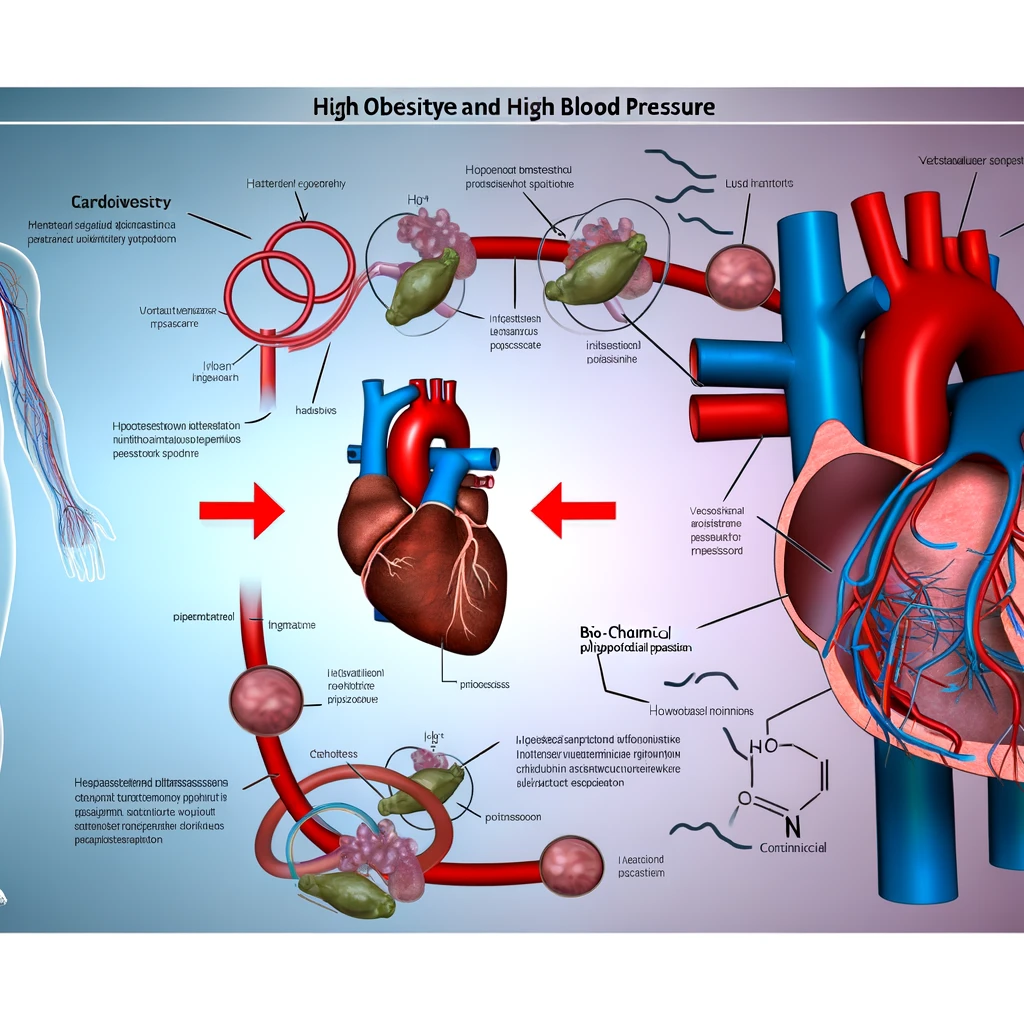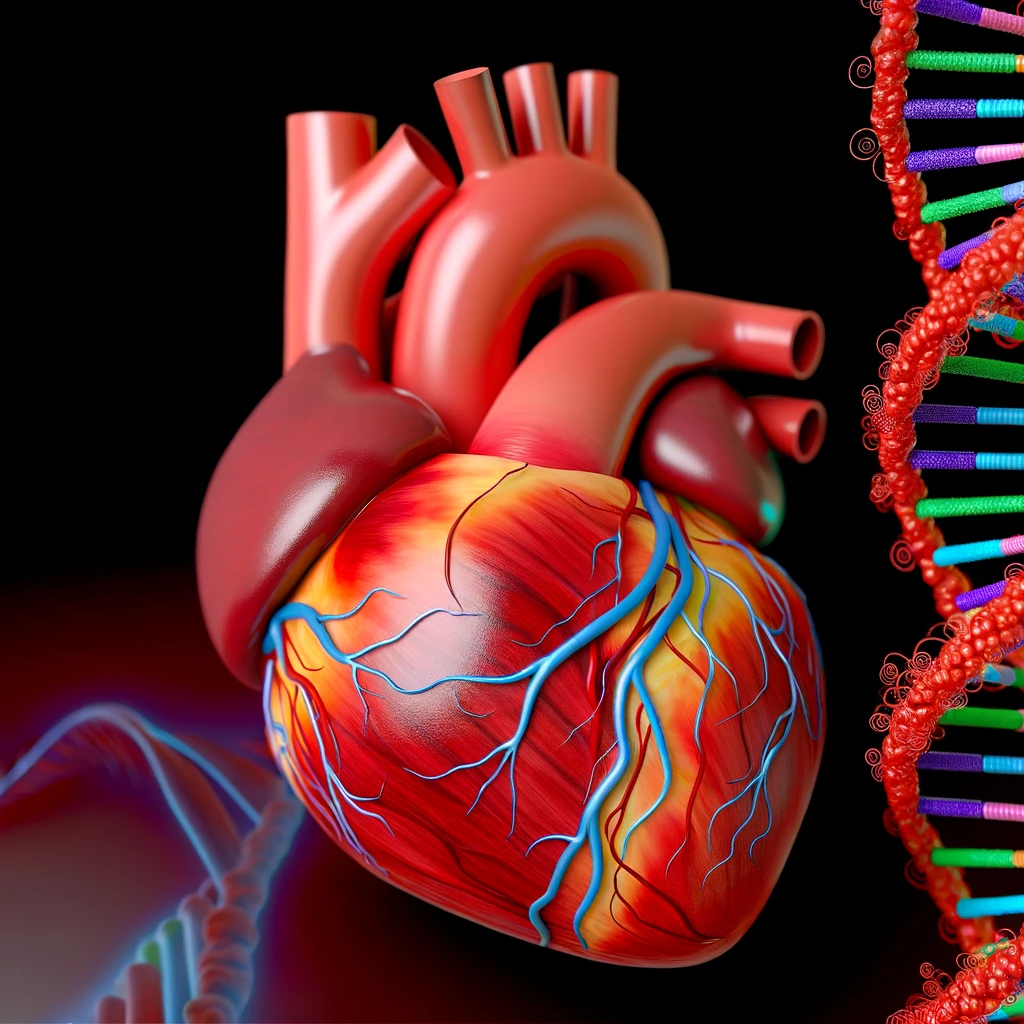Related Articles









Managing high blood pressure, or hypertension, is crucial for preventing long-term health complications such as heart disease and stroke. Blood pressure medications, also known as antihypertensive drugs, play a vital role in controlling blood pressure levels. This article delves into the different types of blood pressure medications, their potential side effects, and their overall effectiveness in treating hypertension.
Blood pressure medications are designed to lower blood pressure to safer levels, reducing the strain on the heart and arteries. These medications can be classified into several categories based on their mechanism of action. Let's explore these categories in detail.
Diuretics, often referred to as 'water pills,' help the kidneys remove excess sodium and water from the body, which helps reduce blood pressure. Common diuretics include hydrochlorothiazide, furosemide, and spironolactone.
Beta-blockers work by blocking the effects of adrenaline, thereby slowing down the heart rate and reducing blood pressure. Examples include atenolol, metoprolol, and propranolol.
Angiotensin-converting enzyme (ACE) inhibitors help relax blood vessels by preventing the formation of a hormone that narrows blood vessels. Some common ACE inhibitors are lisinopril, enalapril, and ramipril.
ARBs block the action of angiotensin II, a hormone that narrows blood vessels, leading to lower blood pressure. Losartan, valsartan, and candesartan are examples of ARBs.
These medications help relax blood vessels by preventing calcium from entering the heart and arterial cells. Amlodipine, diltiazem, and verapamil are commonly used calcium channel blockers.
Alpha-blockers work by reducing nerve impulses that tighten blood vessels, allowing blood to flow more freely. Doxazosin and prazosin are examples of alpha-blockers.
Although blood pressure medications are generally effective, they may cause side effects in some individuals. It is important to monitor these side effects and consult a healthcare provider if they become bothersome.
The effectiveness of blood pressure medications varies depending on individual health conditions and how well a patient adheres to the prescribed treatment plan. Regular monitoring and adjusting medications as needed are crucial for achieving optimal results.
In some cases, a combination of medications may be prescribed to achieve better blood pressure control. This approach can be more effective than using a single medication, especially in individuals with resistant hypertension.
Managing hypertension effectively requires a comprehensive approach that includes lifestyle changes, regular monitoring, and, in many cases, medication. Understanding the types of blood pressure medications, their side effects, and their effectiveness can empower patients to make informed decisions about their treatment. It is essential to work closely with healthcare providers to tailor a treatment plan that best suits individual needs.